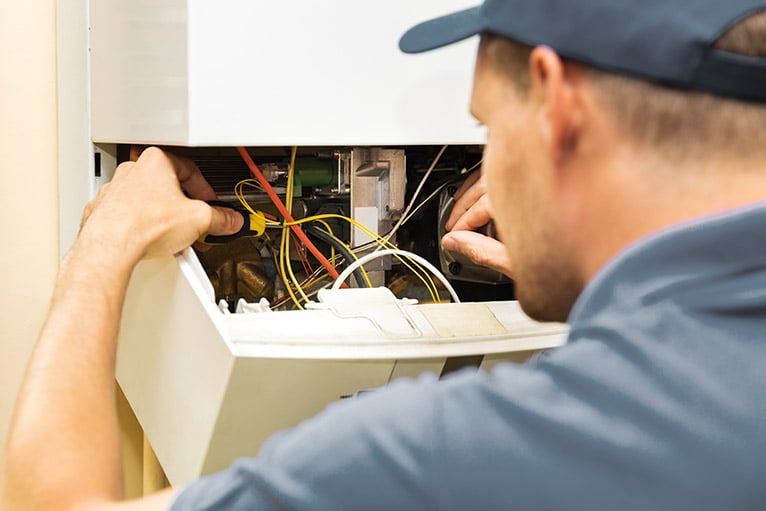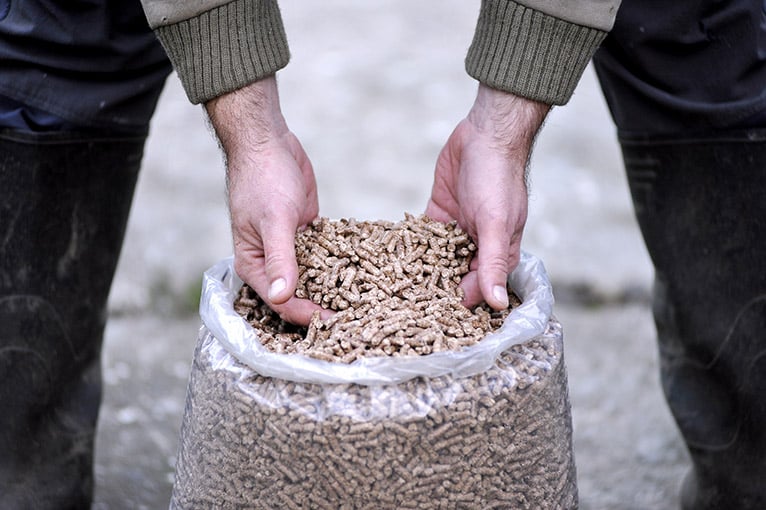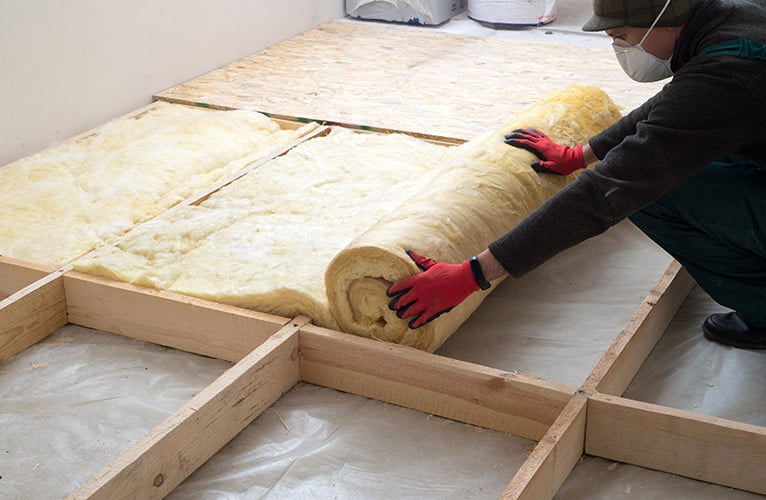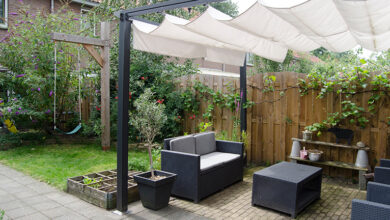Is your boiler efficient and could you save money on your energy bills?
The Green Agenda
Approximately 90% of UK boilers are oversized for the job they’re doing!
Boilers account for around 75% of the average UK home’s energy use, and a huge number of those systems are far less efficient than they should be. So if you want to reduce your monthly bills and the carbon footprint of your home, boilers are the first thing to consider.
Make sure your boiler is efficient
Get a service
The general rule of thumb is that boilers should be replaced every 10 to 15 years, but a lot can happen over that much time. A boiler’s lifespan will be shortened or prolonged by your ‘heating house keeping’. To make sure that your boiler is safe and operating at full efficiency we recommend having it serviced once a year.
Many boiler warranties and business insurance policies require you to complete a regular service, or they will become void. An annual boiler service will meet most policy requirements but it’s worth checking with your provider to make sure they don’t stipulate that services must be done more regular.
It’s also really important that modern gas boilers have a flue gas analyser test to make sure combustion is happening properly, and the whole length of a flue system must also be fully inspected.
If you need a service engineer, head here.

Replace old boilers
The efficiency rating system changed in 2009 and a lot of people who still have a machine that was ‘A grade’ back then, will find that those boilers won’t actually score very high in the modern percentage system.
Get the right boiler for you
All new boilers are legally required to have an energy efficiency rating of 88%. And that’s great, but you also need to consider if it’s the right boiler for your home. There’s often a tendency to replace like for like, which means that homeowners are often buying far bigger boilers than they need.
- The average 3 or 4 bed house, if well designed and insulated, has a heat requirement of between 6 and 8 kW (including hot water).
But…
- The most common size of combination (combi) boilers fitted today is 30kw! To put that in context, a 30kw boiler will comfortably power 24 radiators, or even more.
So you can see how big the discrepancy is between what most people have and what they need.
The instant hot water that combis supply needs a lot of initial power in comparison to heating circuit systems. But, they can be reasonably efficient if the incoming flow is matched to the factory performance of the boiler – too little flow and the boiler will ‘cycle’ (turn on and off), too much flow and it won’t get up to temperature.
We recommend that you have a heat loss calculation done to see if it’s worth downsizing.
You can do that for a one-off fee at www.heat-engineer.com.
If a change is needed, you can then get like-for-like quotes for the fit too.
For everything you need to know about finding a local installation engineer, head here.
Make sure your home is well insulated
Regardless of whether you service or replace your boiler think about improving the insulation of your home, because energy waste is the biggest cause of emission problems and of your big utility bills. A couple of thousand pounds, spent wisely now, will pay back quickly and keep you comfortable for years to come.
You can find information on saving energy and energy grants on the gov.uk website, here.
Consider alternatives to natural gas
What about moving away from gas altogether?
Alternative fuel heating systems are more expensive to purchase than gas boilers. But it’s an expensive purchase anyway so if there’s a chance of long term savings, and of removing the risk of rising noxious gas levels, maybe it’s worth considering the options.
The most interesting and realistic alternatives right now are biomass boilers and heat pumps.
Biomass boilers
Biomass boilers are powered by organic matter, usually wood but sometimes animal and food waste, and they’re getting really popular.
For an average household the initial investment takes around 7 years to pay off. That, coupled with the fact that they’re not yet meeting the government’s efficiency targets, means that for domestic use the technology probably isn’t quite there yet. But watch this space, the viability of biomass systems is improving all the time.

The volume of carbon dioxide emitted when wood is burned can be the same as it absorbed when it was growing as a tree, which makes the whole process close to carbon neutral. Plus, owners of biomass boilers could be eligible for renewable heat incentive payments (RHI).
Things to consider about biomass boilers:
- Before investing you need to find out if there’s a source of wood pellets or other fuel nearby.
- The chimney and flue pipe needs to be professionally cleaned once a year.
- They can be very big so you’ll need space for the system, and your fuel storage.
- You have to check with your local planning authority to see if you need permission to have one installed.
Heat pumps
Heat pumps work like a fridge, but in reverse. They absorb the natural heat from one space and release it in another. There’s also the option of reversible heat pumps that can cool your home in summer.
The technology is really efficient and it’s being heralded as the long-term way to hit emission targets, because:
- A heat pump produces up to 4 times more heat than a conventional electric heater from the same amount of electricity.
- The source fuel is natural heat.
- There’s no combustion involved.
As with the biomass option the initial outlay is expensive, but with the chance of renewable heat incentive payments and low energy bills, heat pumps can look like a great option.
Government emissions targets
Alternative technologies may seem to be extreme options but that’s really only in the context of right now. There’s a government target to reduce CO2 emissions by 60% by 2030, and to hit zero by 2050. To get anywhere close to that, the unnecessary waste of natural gas will have to be reduced drastically. Because the systems that are installed now will still be in place in 2030, we need to think about efficiency improvements or alternatives where appropriate today.
How realistic are gas alternatives now?
Environmental groups say that the government hasn’t gone far enough with their targets, while the Home Builders Federation says they’re increasingly incorporating new technologies but they need to be proven to be viable before the existing options are phased out.
Before launching into the world of alternative fuels, you would need to get expert guidance from manufacturers and specialist installers because most existing heating circuits, fed from gas boilers, won’t be suitable. Always get written assurances of what you’re signing up to and check the status of renewable heat incentive payments for your specific case.
What should you do right now to reduce your energy use?

We’re in a time of flux and it’s tricky to identify the best course of action but you can make a real change now by following a few simple tips:
- Get a heat loss calculation to find out if you actually have the right boiler for your home.
- Have your boiler serviced every year, and take advice from your gas safe engineer. (Always check their card, they will appreciate your interest).
- Address any insulation improvements in your home.
- If you’re buying a new boiler and feeling a little adventurous, look into whether the current state of alternative systems is right for you, or if you’ll leave that until your next purchase. Always contact a manufacturer about renewable options and get a written, insured survey carried out by either their accredited engineers or nominated third party engineers. It’s in their interests to correctly specify for your particular needs.
- Don’t be frightened to question in any situation. An engineer may not know all the answers but they will absolutely find solutions for you.



